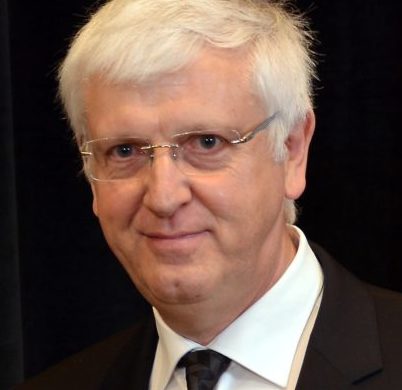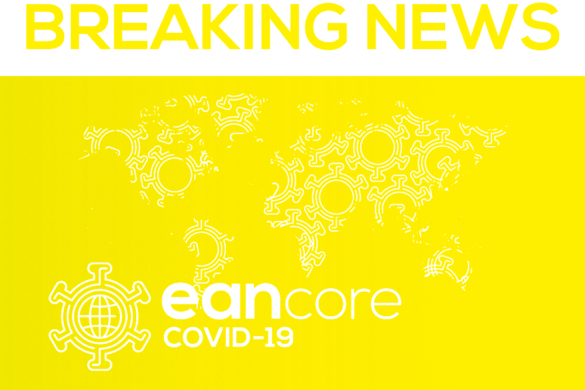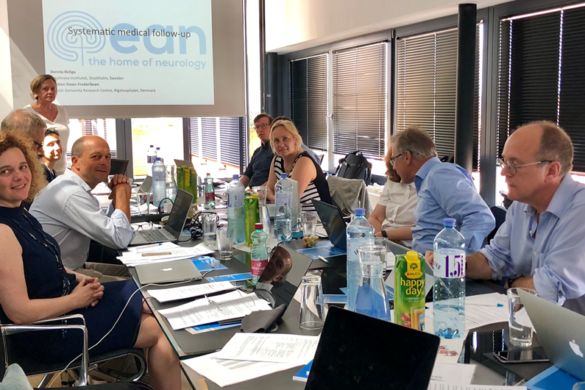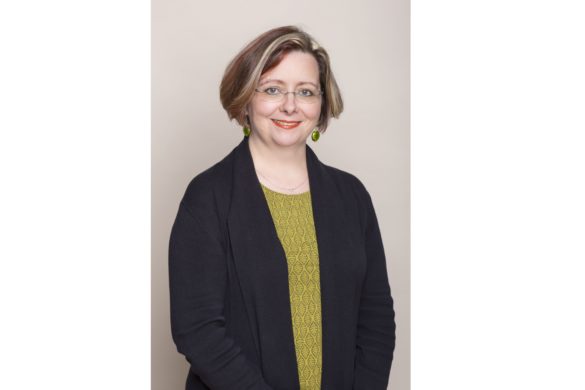by Isabella Colonna, Graz (Austria)
“One Voice for Neurology” is a seven-part podcast series that has been released during the Brain Awareness Week 2021.
In the first podcast, three eminent guests have been invited to discuss about the “One Neurology Initiative”: Prof. Claudio Bassetti, president of the European Academy of Neurology (EAN), Joke Jaarsma, president of European Federation of Neurological Associations (EFNA) and Prof. Vladimir Hachinski, professor of neurology at Western University in London (Canada).
“One Neurology Initiative”, launched by EFNA and EAN, has the aim to raise the level of awareness about neurological diseases amongst the general public and the decision-makers to make neurology a priority in the public health agenda.
Neurological disorders include more than four hundred pathological entities. While more frequent neurological diseases may find individually their space into the public health agenda, many rare neurological pathologies are neglected by policy-makers. Thus, it is important to consider the whole spectrum of neurological conditions and advocate the public audience for them.
“We obviously need a highly specialized research and care for specific diseases”, as Prof. Bassetti said, “but still the brain is one and the patient is one”. Moreover, brain areas are strongly interconnected, and, thus, several neurological disorders may coexist in the same patient. Therefore, there is the need to educate future neurologists as well as general practicians to have a global view on the entire diseases’ spectrum. “Every patient represents a complex situation, and, because of that, it is important to look at the commonalities”.
Neurological diseases have been for long-time neglected because of lack of treatments. Recently, lot of progress in term of therapies has been done. However, further investments on research are needed in order to achieve more success in treatments as well as in diagnosis of neurological disorders. In this research process, it is necessary to involve patients, because, as Joke Jaarsma said, “patients bring the real, the lived experience, in the clinical trials” and may carry “totally unexpected new points of view, out of the traditional way of thinking”.
Further, it is important to focus on prevention. As Prof. Hachinski emphasized, different controllable factors that may potentially prevent neurological diseases have been now identified; thus, it is necessary to have a very “holistic view”, looking at the environment as well as at socioeconomic and individual factors.
Finally, there are still many challenges to face in order to promote Brain Health and improve care of patients with neurological diseases across the world. For this reason, it is urgent to make Neurology a global public health priority.











